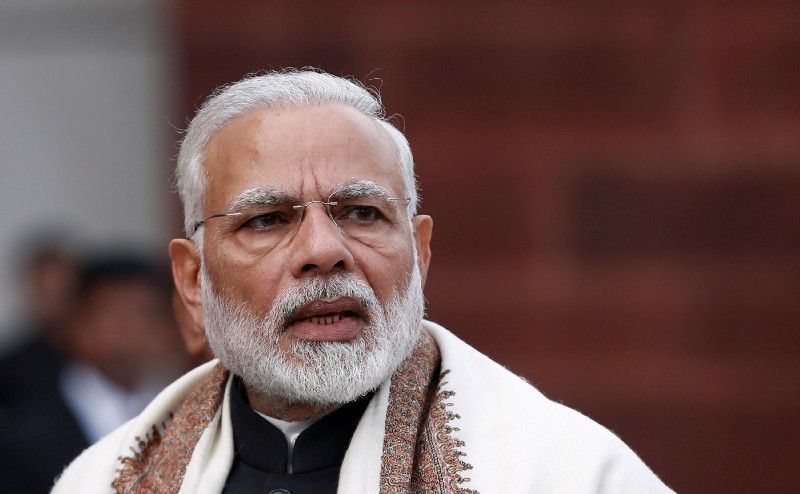When Narendra Modi became India’s prime minister in 2014, 40 million Indian homes (300 million people) had no electricity. Modi pledged to fix that. Given the remote locations in which so many Indians live, it’s a huge job. Last weekend, Modi declared victory.
But when you hear that India now has “universal electrification,” remember two things:The bad news: Modi defines “universal connectivity” as the point at which at least 10 percent of households in every village have power. Despite claims of “mission accomplished,” 30 million homes still light the night with candles. Just 8 percent of villages are fully electrified. Others face daily blackouts.
The good news: More than 5 million homes have gained electricity since Modi arrived in office, and more than 18,000 villages have now gained some access to power. That’s a major step forward for an awful lot of people.
The bottom line: Political hype or historic achievement? Like everything else in politics, it depends on where you sit. In this case, your answer will probably depend on how you feel about Narendra Modi and whether your lights work. Call it a “promising work in progress.”
